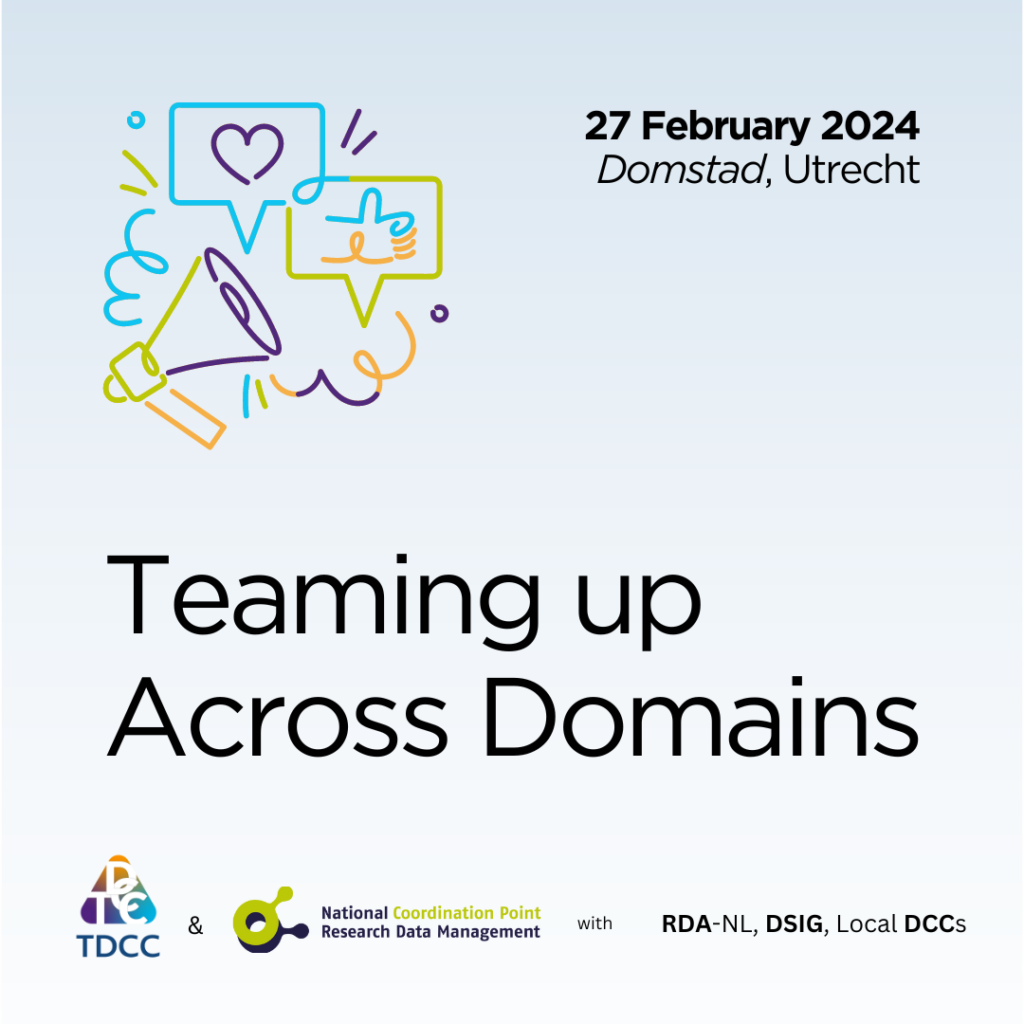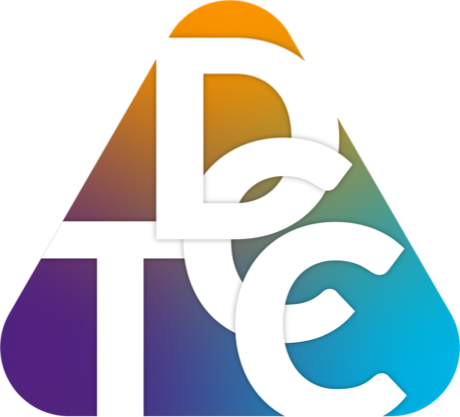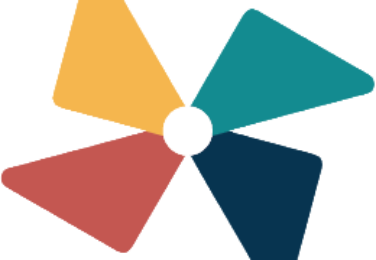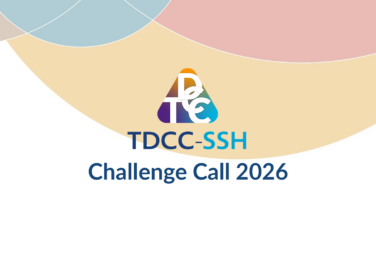Teaming Up Across Domains
This event occured in the past.
Read our blog post about the event here:
The three Thematic DCCs (Life Sciences & Health (LSH), Social Sciences & Humanities (SSH), Natural & Engineering Sciences (NES)) and LCRDM (National Coordination point of Research Data Management) invite you to join our event Teaming Up Across Domains on Tuesday, 27 February 2024 from 09:30-17:00h in Domstad, Utrecht.
You can register here.

Teaming up with us will be the Research Data Alliance NL (RDA-NL), the Data Steward Interest Group (DSIG), and Local DCCs, in conversations and hands-on sessions on how we can make progress through collaboration.
If we're going to make real progress in FAIR data, open science and research software, we need to team up and work across scientific and professional domains. Help us connect existing infrastructures or communities and form or strengthen collaborations! What do YOU want to work on, and how can YOU contribute? Join us for the first Teaming Up Across Domains event to find out more and to offer your thoughts and expertise. We welcome all our colleagues, from all domains, to share, discuss, and exchange ideas during this day!
The day will be chaired by Ingrid Dillo, working at DANS and a member of the Research Data Alliance (RDA) Council.
Program
9.00 - 10.00: Walk-in and coffee
10.00 - 11.00: Opening and welcome
Opening and welcome by Day Chair Ingrid Dillo + Meet the communities/networks who Teamed Up (TDCCs, LCRDM, RDA, DSIG, OSC-NL, GHOST Collective)
11.00 - 12.00 Parallel sessions
Open Science NL: Maria Cruz, Marta Teperek
Room: 1.34
In this interactive session we would like to invite the community to give feedback on the NWO research data management policy and help shape future policy. The current policy has been in place since 2016, with an update in 2020. A lot has changed since. Most institutions have appointed dedicated data professionals and research software has gained increased recognition as a research output. Therefore, it is time to review NWO’s data policy:
> What is good about the NWO data management policy and what doesn’t work so well?
> Which elements of the policy should be the responsibility of the institutions and which of NWO?
> What is the best way to expand the scope of the policy to include other forms of output?
We need your help to make the process of policy revision community-driven and involving all stakeholders, across the diverse domains and disciplines of research.
Collaborative notes: edu.nl/evafw
The Dutch Reproducibility Network (NLRN): Daniela Gawehns, Michiel de Boer
Room: 2.34
Based on the buffet metaphor of open science, participants are invited to set up their own Reproducibility Buffet.
Together, we will explore which dishes (i.e., practices, skills, infrastructures) are on offer when we focus on reproducibility and replication. Once we all set our table, we will look at differences and reflect on them: are there common key ingredients? Which external circumstances will make it easier or harder for you to bring everything together? Are there tried and tested recipes that we should share across disciplines? And lastly: how do you set a table for an interdisciplinary research group?
The session will start with a short introduction of the reproducibility terminology. Participants will then be guided through several exercises to work on their own buffets and reflect on their disciplinary backgrounds. The second part of the session will focus on small group exercises where participants with different backgrounds work together.
Collaborative notes: edu.nl/7w76t
Peter Schaap, Jasper Koehorst and Bart Nijsse
Room: 1.49
The use of high throughput 'omics technologies has significantly enhanced our ability to investigate intricate microbial communities at the molecular level. For data reuse, the FAIRification of these extensive data sets is often viewed as an administrative process that typically comes after data analysis. In this workshop we will introduce the concept of FAIR By Design working enabling FAIR end-to-end data management using the FAIR Data Station.
Collaborative notes: edu.nl/r8p44
Hosted by the team of the Thematic DCC Social Science & Humanities
Room: 1.47
Join this session to brainstorm project ideas and/or find others to join forces with. No matter if you already have a project idea, you want to give input on ideas of others, or you want to find a project to be involved in: This is the session for you.
Collaborative notes: edu.nl/qpyya
Reinder Radersma (NWO-I), Yue Zhao (SURF)
Room: 1.53
The use of AI is becoming indispensable in academia. To give researchers and support staff a strong foundation in using AI applications in a sound and responsible way, awareness should be raised and skills training should be provided. This session aims to connect DCC’s, RSE’s and data stewards who want to collaborate in developing training materials on AI tools. The main purpose of this session is to connect. We will do this by finding common ground. After a short introduction we will start with a brainstorm session identify tools which we think are of interest. We will discuss these tools and their ethical considerations to determine the most promising ones. As outcome we expect a list of AI applications which are of interest to people working in academia and perhaps a few intentions to collaborate on developing training materials.
Collaborative notes: edu.nl/ctmgj
12.00 - 13.00 Lunch
13.00 - 14.00 Parallel sessions
Garrett Speed, Vincent Brunst, Maisam M. Dadkan, Aristotelis Kandylas, Francisco Romero Pastrana
Room: 2.34
The Geo Data Team at the UU Faculty of Geosciences provides services to researchers to help handle, manage and publish their data. These services encompass consultation sessions, provision of web-based resources, and informative presentations. To advance the discourse on effective research data management, the team would like to have a group discussion amongst professionals engaged in this domain. The primary focus of this discussion will be on both successes and failures in engaging researchers. A key element involves presenting a success story, followed by an analysis of its correlation with the subsequent drop-off in engagement. The session aims for active audience participation through discussion and polling, exploring topics such as communication methods, evaluation strategies, and the distillation of ideas formed during the session. Afterwards, we will provide a presentation with a summary of the successes, failures, and innovative ideas generated for enhancing research data management presented in the session.
Collaborative notes: edu.nl/39gen
Irene Nooren, Kees den Heijer
Room: 1.34
SURF has a role to support the development of the local Digital Competence Centers (LDCCs) and their collaboration. In the summer of 2023 the National Liaison for the DCC Implementation Network has started. In the initiation phase several introductory visits were held with the aim to get an impression of the LDCCs and seek the potential for collaboration across LDCCs. In this session, the findings of this initial phase will be shared and the potential for collaboration will be further explored in an interactive discussion. Typical examples of collaboration topics are “Further development of RDM infrastructure”, “Shared support information for (infrastructure) services” and “Integrated workflow for DMP-ethics-privacy assessment”. We will discuss the rationale behind collaboration on these topics as well as the required next steps.
Collaborative notes: edu.nl/ktprg
Joeri van der Velde (UMCG)
Room: 1.49
Rare diseases are surprisingly common, but most patients do not receive a molecular diagnosis and treatment options are limited. To improve these odds, valuable data from these patients and their genomes that is now scattered and hidden should become more FAIR. The European Joint Programme on Rare Diseases (EJP-RD) is working towards FAIRification of European Reference Networks (ERNs) patient registries and other relevant resources. To support the ERNs in making informed decisions and to harmonise FAIRification, the FAIRification steward team was established to work as liaisons between ERNs and researchers from the EJP-RD. The steward team works closely with developers of software solutions that enable FAIRification. One such solution is the MOLGENIS EMX2 scientific data platform. MOLGENIS EMX2 powers the FAIRification of 5 ERNs and various other resources within EJP-RD and in synergy with other initiatives such as FAIR Genomes, Solve-RD, and the European Genomic Data Infrastructure (GDI). MOLGENIS EMX2 is an open source platform for flexible data management with many built-in FAIR capabilities. In this session we will take you on a FAIRification journey of challenges and choices, going over everything we have accomplished so far, and how you can help us shape the future.
Collaborative notes: edu.nl/jhuwu
Francisco Romero Pastrana & Dorien Huijser (Utrecht University)
Room: 1.47
Sharing and reusing personal data in the age of the GDPR can be a challenge. Lack of clarity and certainty on how to achieve compliance in scientific research has become a burden for both researchers and data support staff and gets in the way of researchers teaming up with other disciplines. To address this issue at large, the 'privacy scan' can be used as a tool to approach GDPR compliance from a different perspective.
In this interactive workshop, we aim to demonstrate the privacy scan framework, and discuss cases within the Social Sciences & Humanities (SSH) in which sharing personal data seems too difficult at first. From there, we will broaden the discussion to the larger roadblocks that we might have to take steps to resolve nationally.
Bring your challenging cases and questions and get ready for a hands-on hour on how to use the GDPR to science’s advantage and to allow for more teaming up with SSH data!
Collaborative notes: edu.nl/y4kak
Hosted by the team of the Thematic DCC Natural & Engineering Sciences
Room: 1.53
Join this session to brainstorm project ideas and/or find others to join forces with. No matter if you already have a project idea, you want to give input on ideas of others, or you want to find a project to be involved in: This is the session for you.
Collaborative notes: edu.nl/m8maa
14.00 - 14.30 Coffee break
14.30 - 16.00 Plenary session
Structures of Strength is a platform where a team of researchers from diverse fields such as biology, medicine, culture, history, engineering and mathematics learn from each other and work together in order to combine their knowledge and create veritable solutions related to health, food, energy, cultural and environmental issues.
Dr. Amir Raoof is an Associate Professor at the Department of Earth Sciences, Utrecht University, Lab director at Multiscale Porous Media Lab,
Leader of Structures of Strength (SoS) platform for Unusual Collaborations, and a member of the Utrecht Young Academy.
Blood, Sweat & Tears: Learnings from Citizen Voice, a bottom-up open research project; Juliana E. Goncalves (presenter) & Citizen Voice team
Together we can do more: teaching data and digital skills through the LDEV Data Carpentries Collaboration; Paula Martinez Lavanchy (presenter), Ben Companjen, Kristina Hettne, Peter Verhaar, Esther Plomp, Claudiu Forgaci, Bjorn Bartholdy, Eduard Klapwijk, Aleksandra Wilczynska, Agnes Schneider, Stephanie van de Sandt, Meron Vermaas
Open Hardware - a cross disciplinary journey in completing the open science ecosystem; Santosh Ilamparuthi (presenter), Jerry de Vos, Jose Urra, Andjela Tomic
TTW: Try Teaming-up With The Turing Way: Time Totally Well-spent!; Lena Karvovskaya (presenter), Esther Plomp, Elisa Rodenburg, Carlos Martinez-Ortiz
Historical Map Series As Open Data: A Cross-Domain Approach Using Allmaps; Jules Schoonman (presenter), Martijn Meijers
Teaming up on Research Software, Lourens Veen (presenter)
16.00 - 17.00 Closing drinks
We look forward to seeing you!



